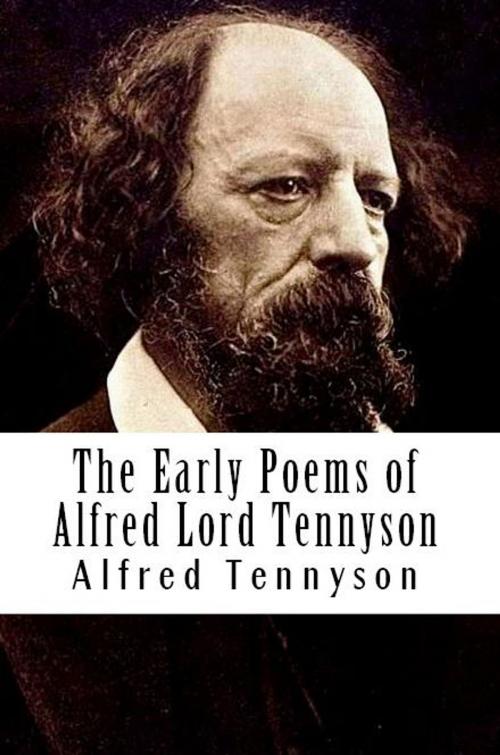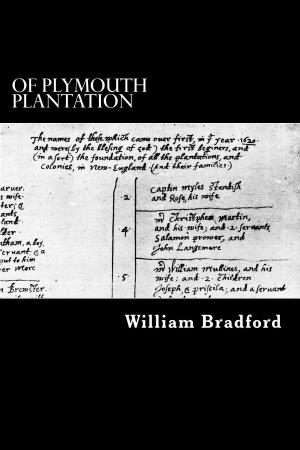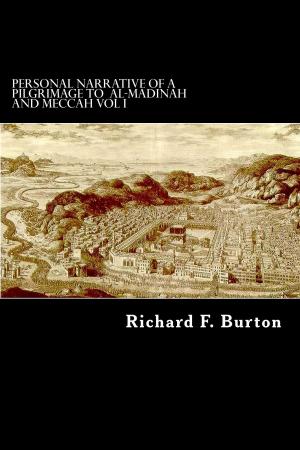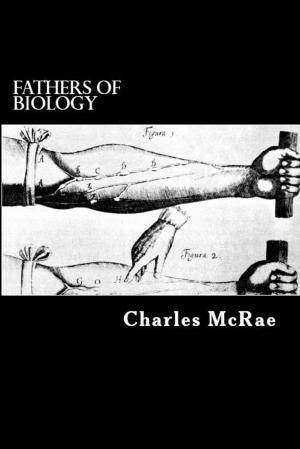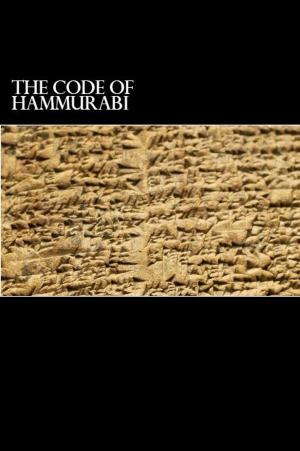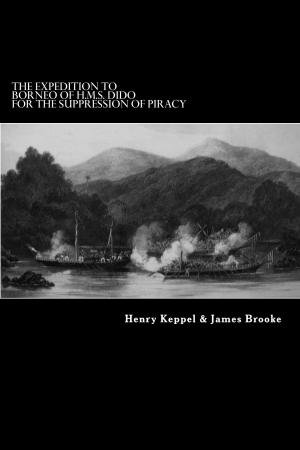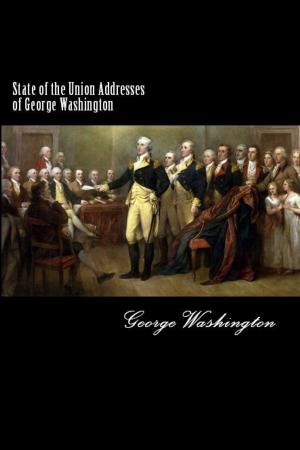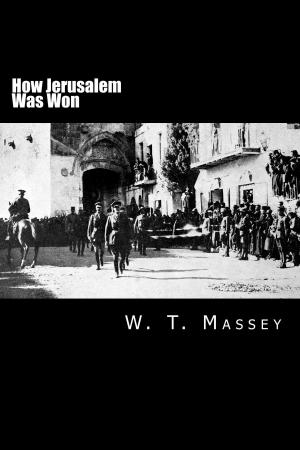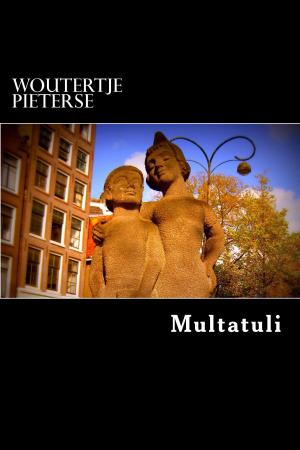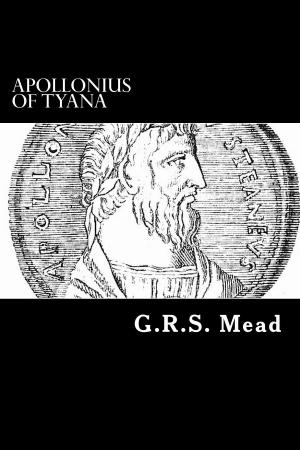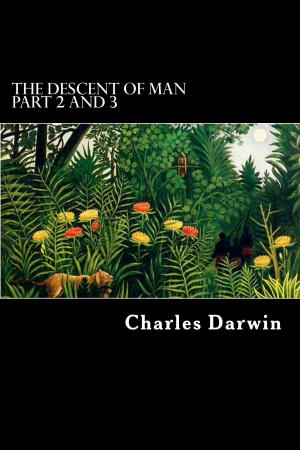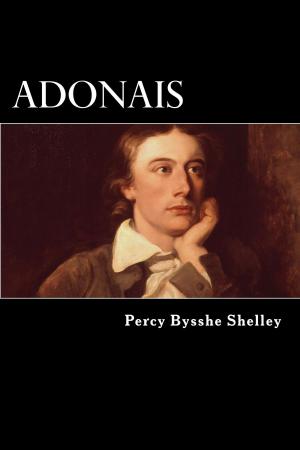| Author: | Alfred Tennyson | ISBN: | 1230000142622 |
| Publisher: | Herne Ridge Ltd. | Publication: | June 16, 2013 |
| Imprint: | Language: | English |
| Author: | Alfred Tennyson |
| ISBN: | 1230000142622 |
| Publisher: | Herne Ridge Ltd. |
| Publication: | June 16, 2013 |
| Imprint: | |
| Language: | English |
Alfred Tennyson, 1st Baron Tennyson, FRS (6 August 1809 – 6 October 1892) was Poet Laureate of Great Britain and Ireland during much of Queen Victoria's reign and remains one of the most popular British poets.
Tennyson excelled at penning short lyrics, such as "Break, Break, Break", "The Charge of the Light Brigade", "Tears, Idle Tears" and "Crossing the Bar". Much of his verse was based on classical mythological themes, such as Ulysses, although In Memoriam A.H.H. was written to commemorate his best friend Arthur Hallam, a fellow poet and fellow student at Trinity College, Cambridge, who was engaged to Tennyson's sister, but died from a brain haemorrhage before they could marry. Tennyson also wrote some notable blank verse including Idylls of the King, "Ulysses", and "Tithonus". During his career, Tennyson attempted drama, but his plays enjoyed little success.
Tennyson used a wide range of subject matter, ranging from medieval legends to classical myths and from domestic situations to observations of nature, as source material for his poetry. The influence of John Keats and other Romantic poets published before and during his childhood is evident from the richness of his imagery and descriptive writing.
Alfred Tennyson, 1st Baron Tennyson, FRS (6 August 1809 – 6 October 1892) was Poet Laureate of Great Britain and Ireland during much of Queen Victoria's reign and remains one of the most popular British poets.
Tennyson excelled at penning short lyrics, such as "Break, Break, Break", "The Charge of the Light Brigade", "Tears, Idle Tears" and "Crossing the Bar". Much of his verse was based on classical mythological themes, such as Ulysses, although In Memoriam A.H.H. was written to commemorate his best friend Arthur Hallam, a fellow poet and fellow student at Trinity College, Cambridge, who was engaged to Tennyson's sister, but died from a brain haemorrhage before they could marry. Tennyson also wrote some notable blank verse including Idylls of the King, "Ulysses", and "Tithonus". During his career, Tennyson attempted drama, but his plays enjoyed little success.
Tennyson used a wide range of subject matter, ranging from medieval legends to classical myths and from domestic situations to observations of nature, as source material for his poetry. The influence of John Keats and other Romantic poets published before and during his childhood is evident from the richness of his imagery and descriptive writing.
